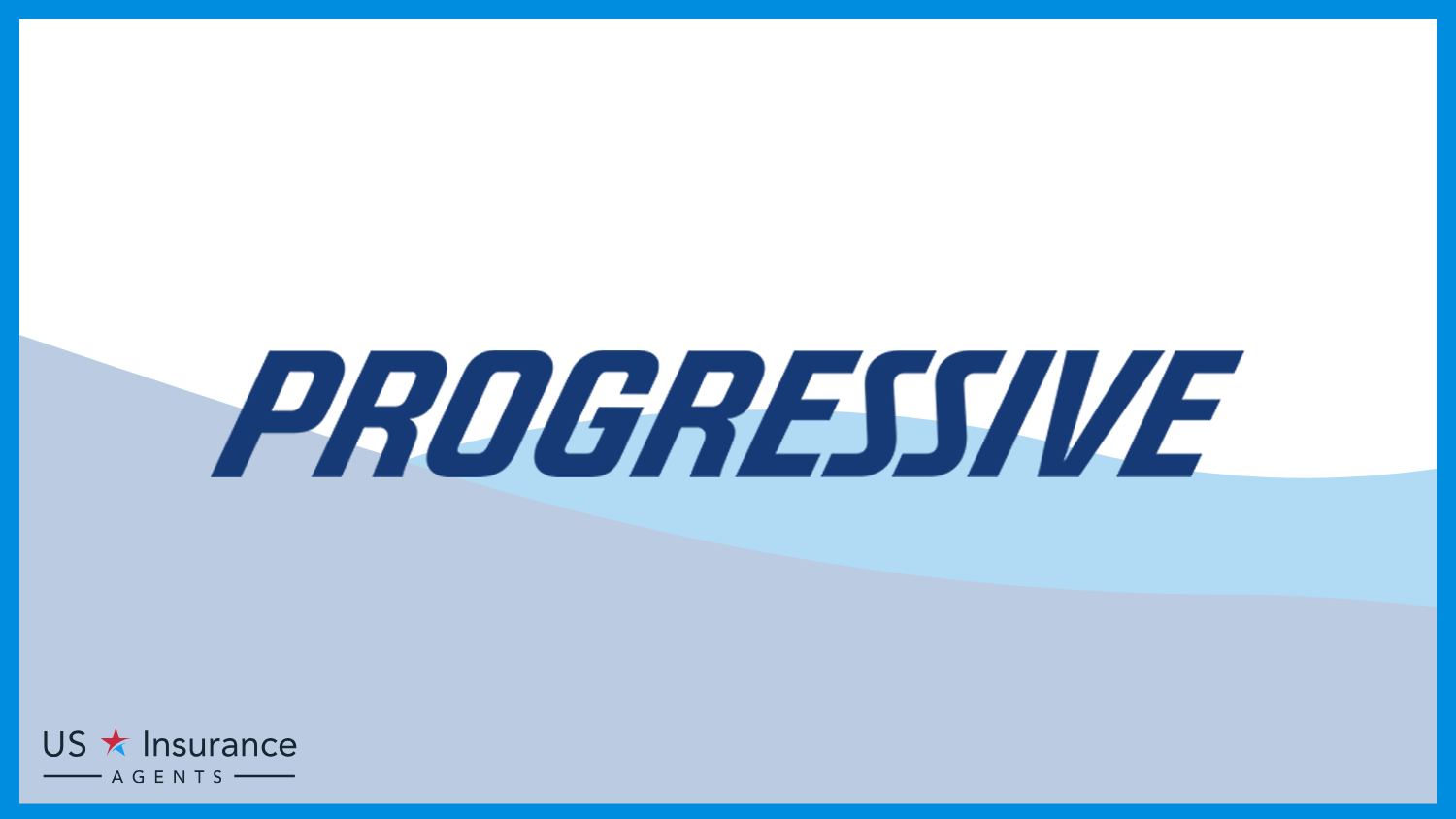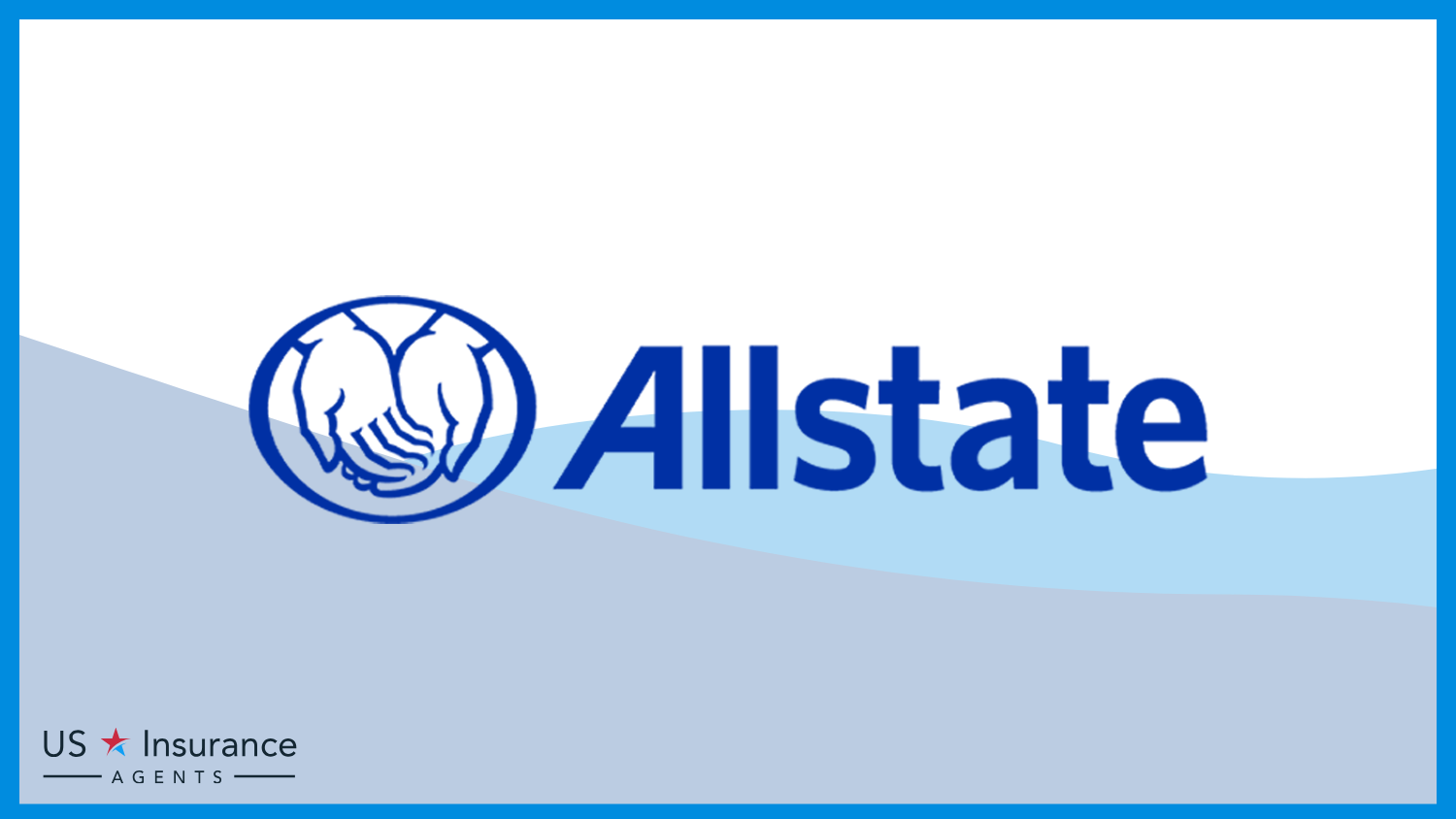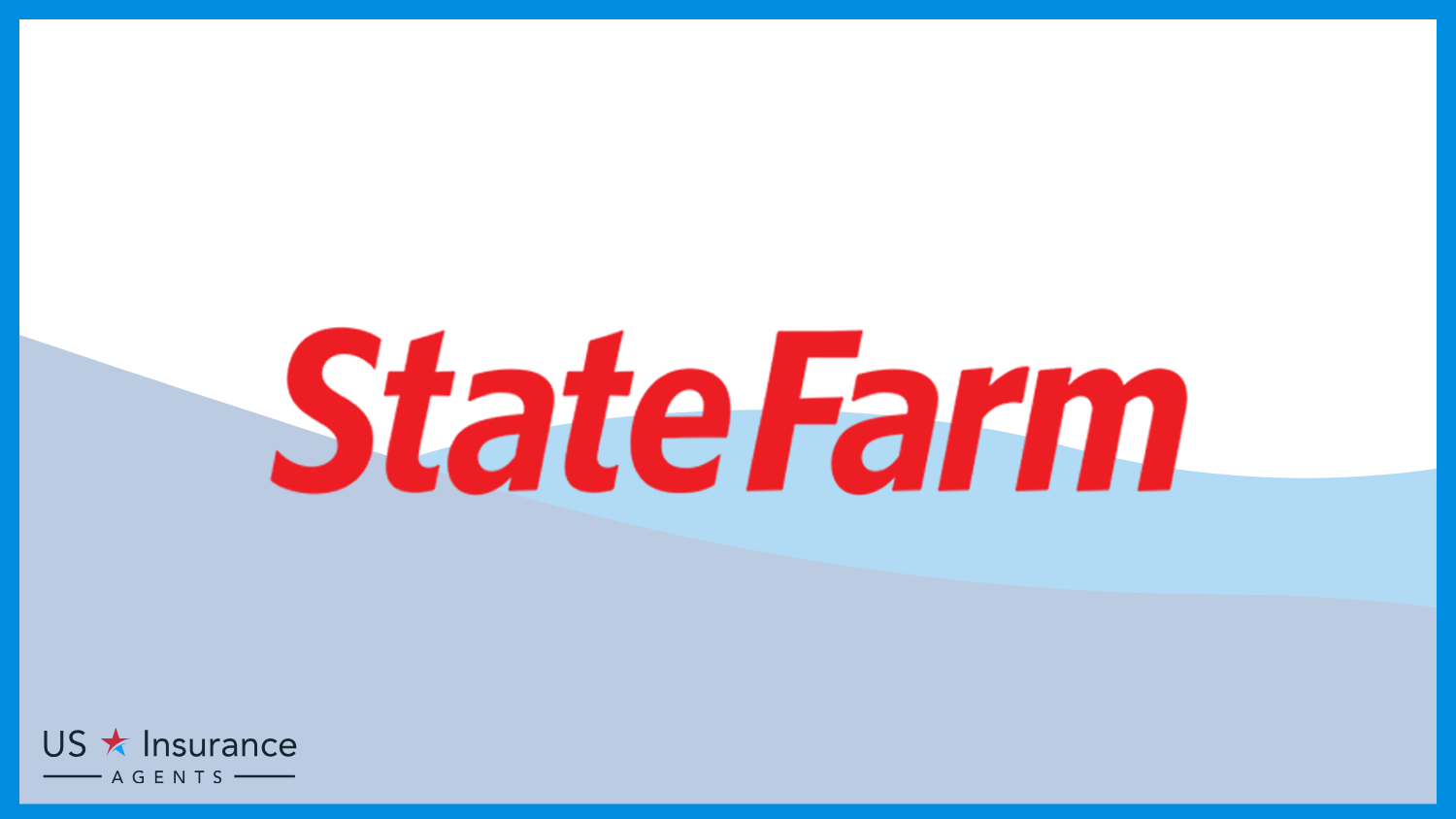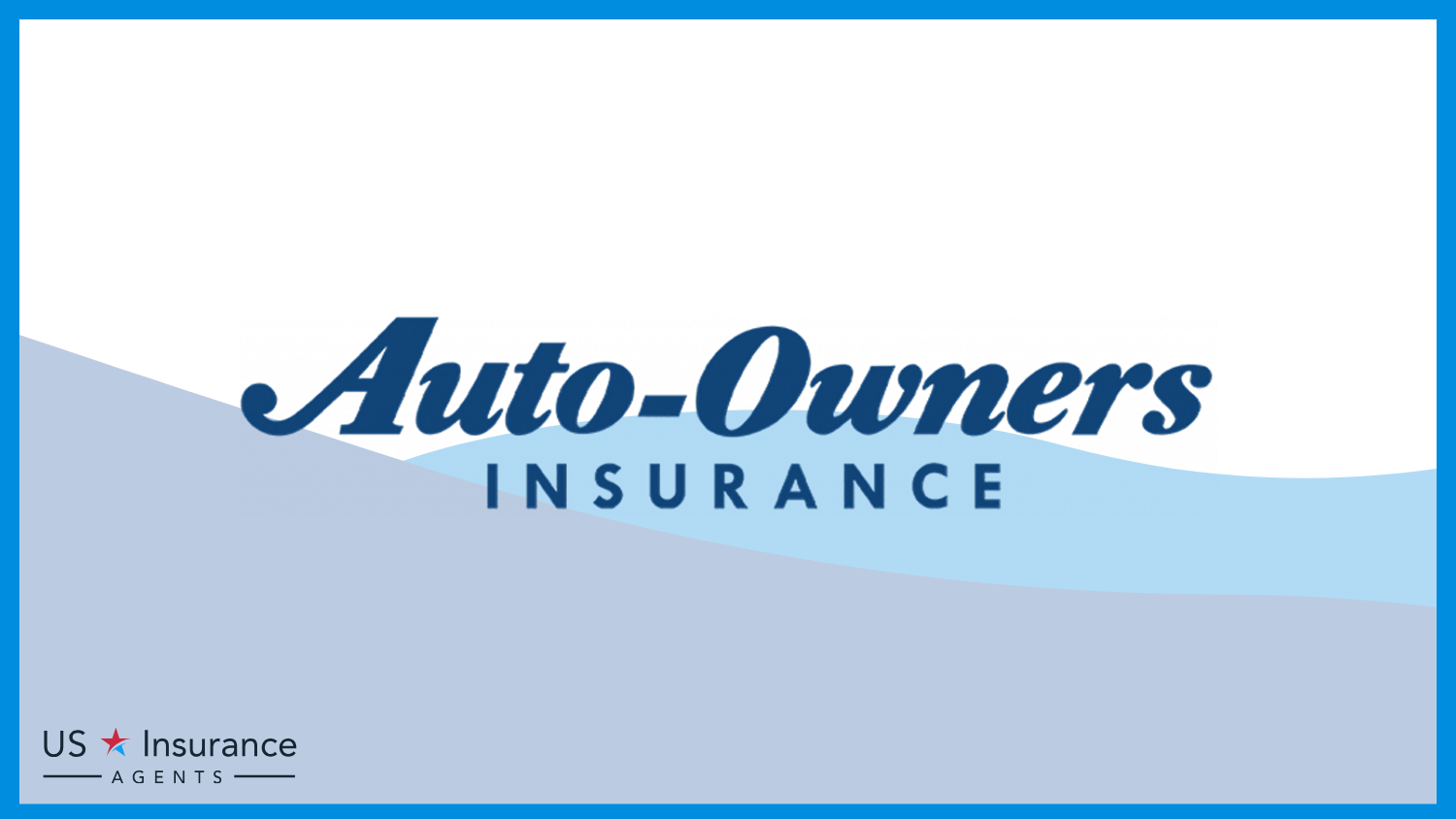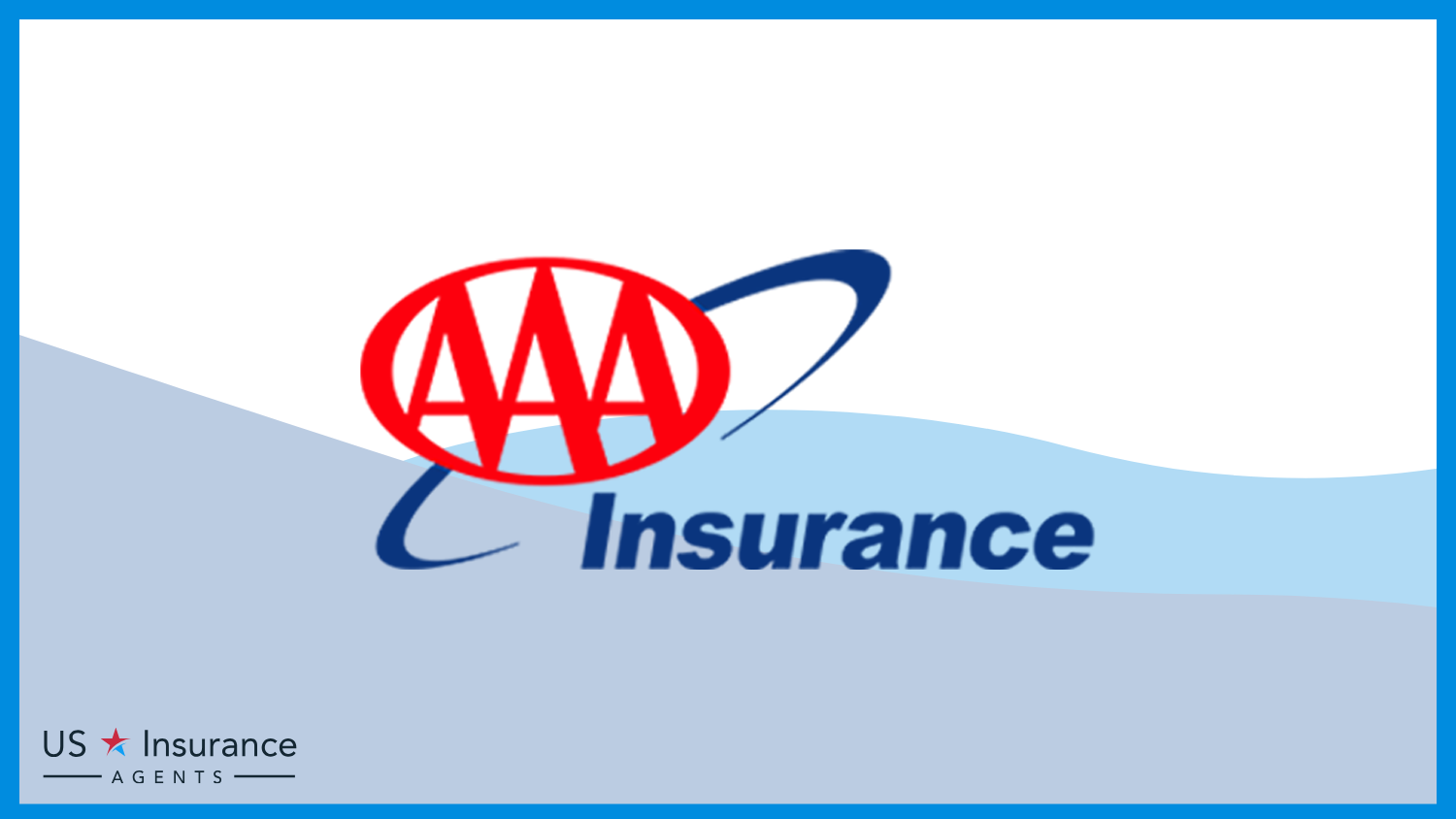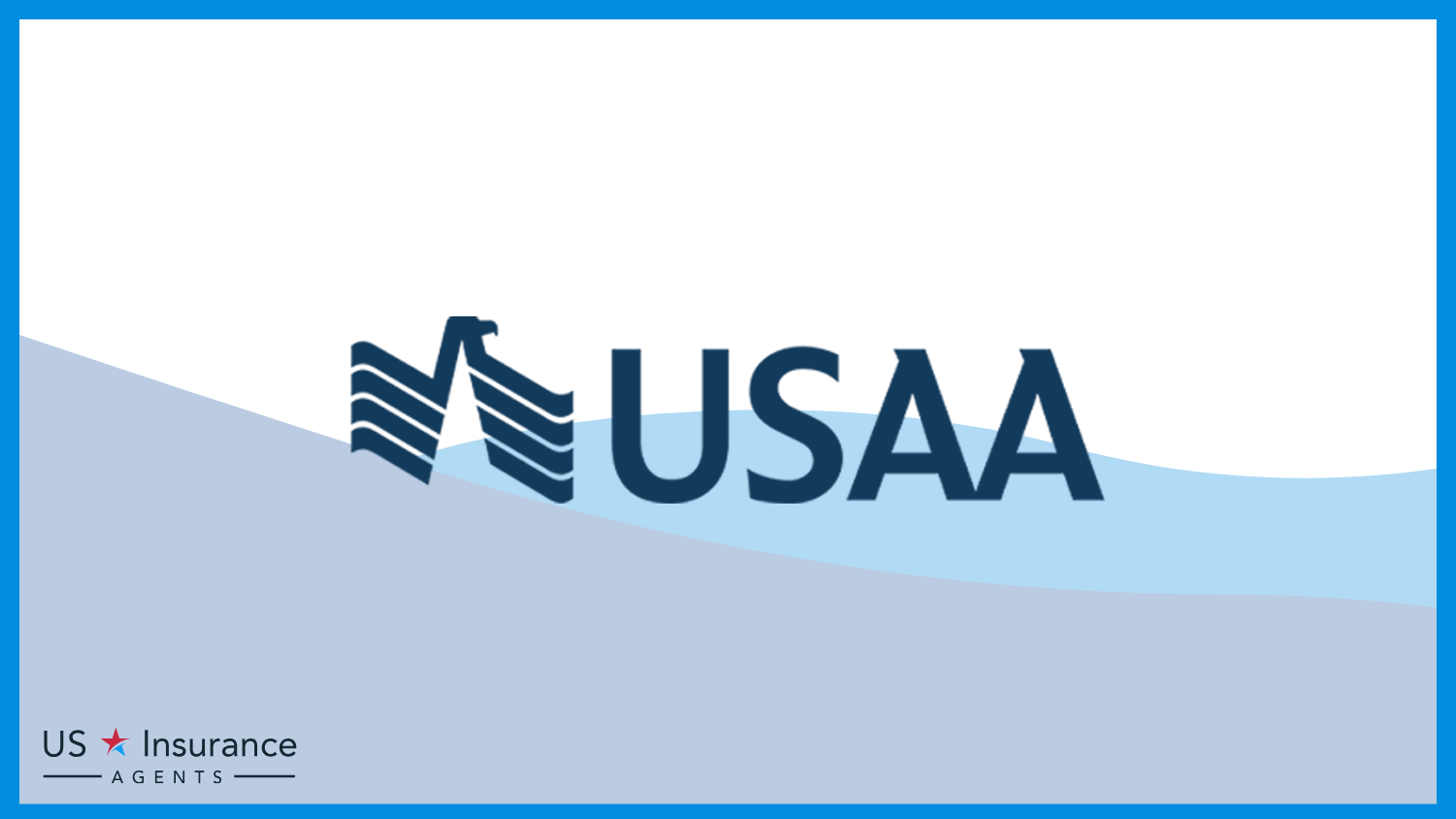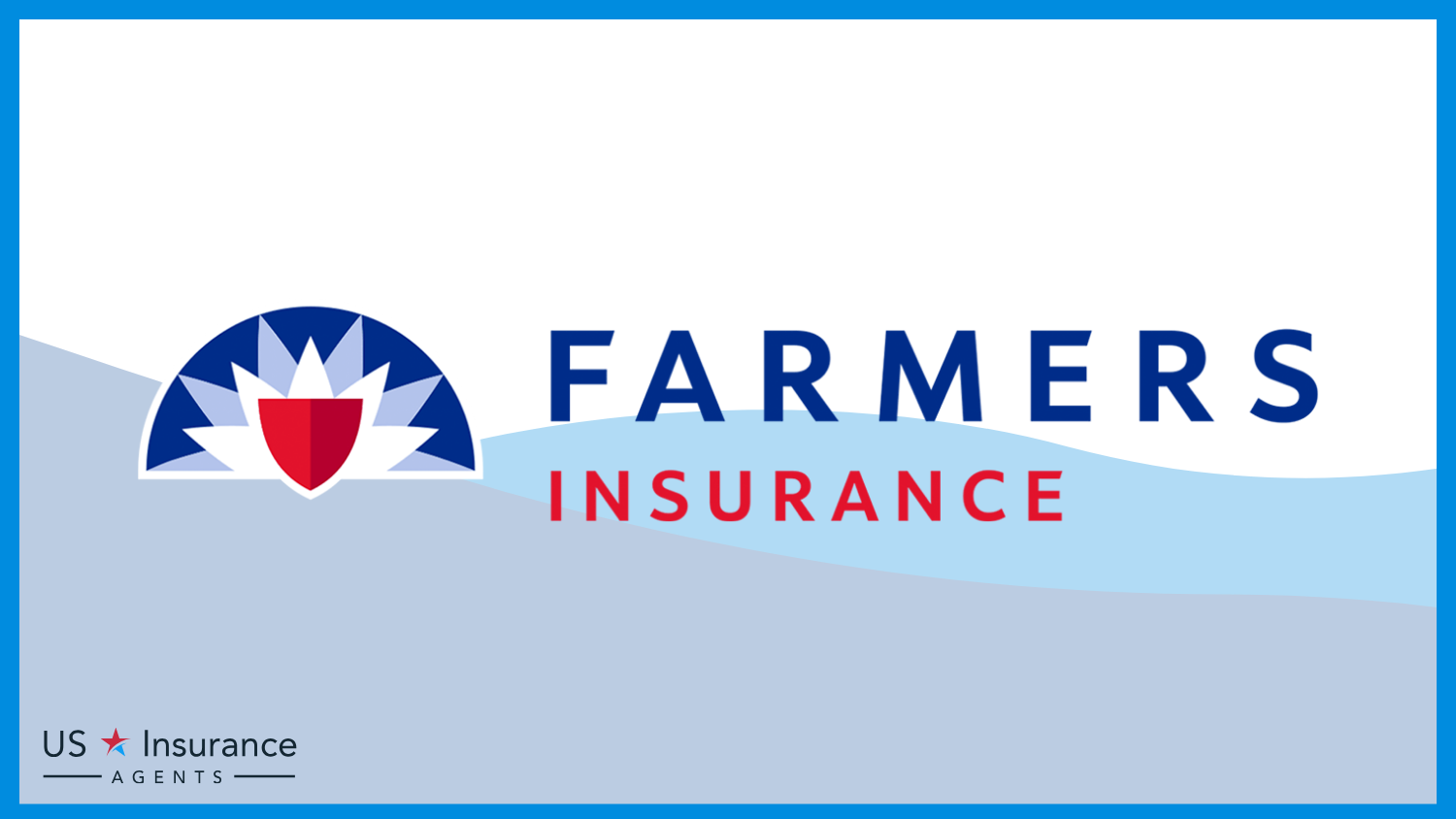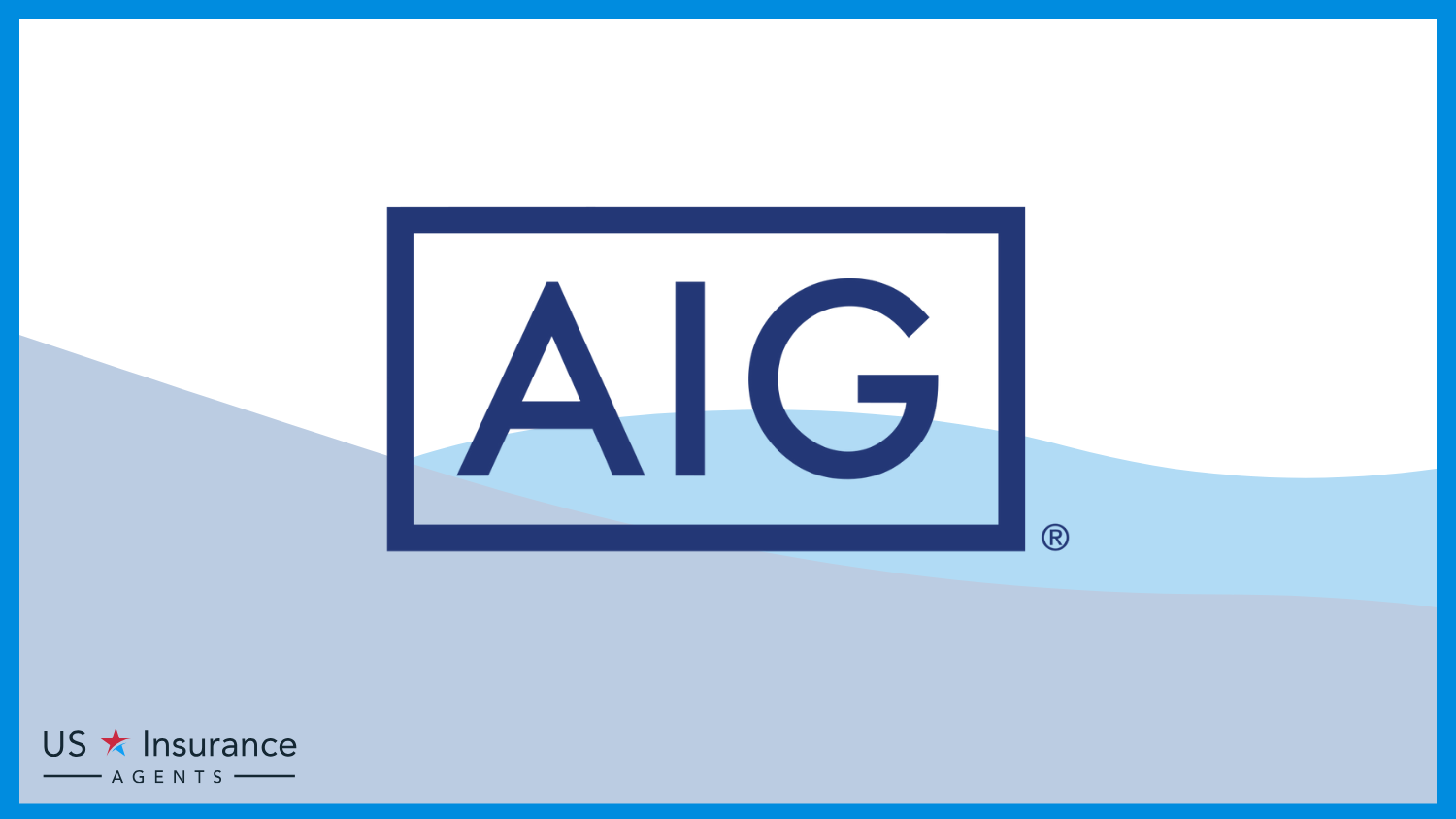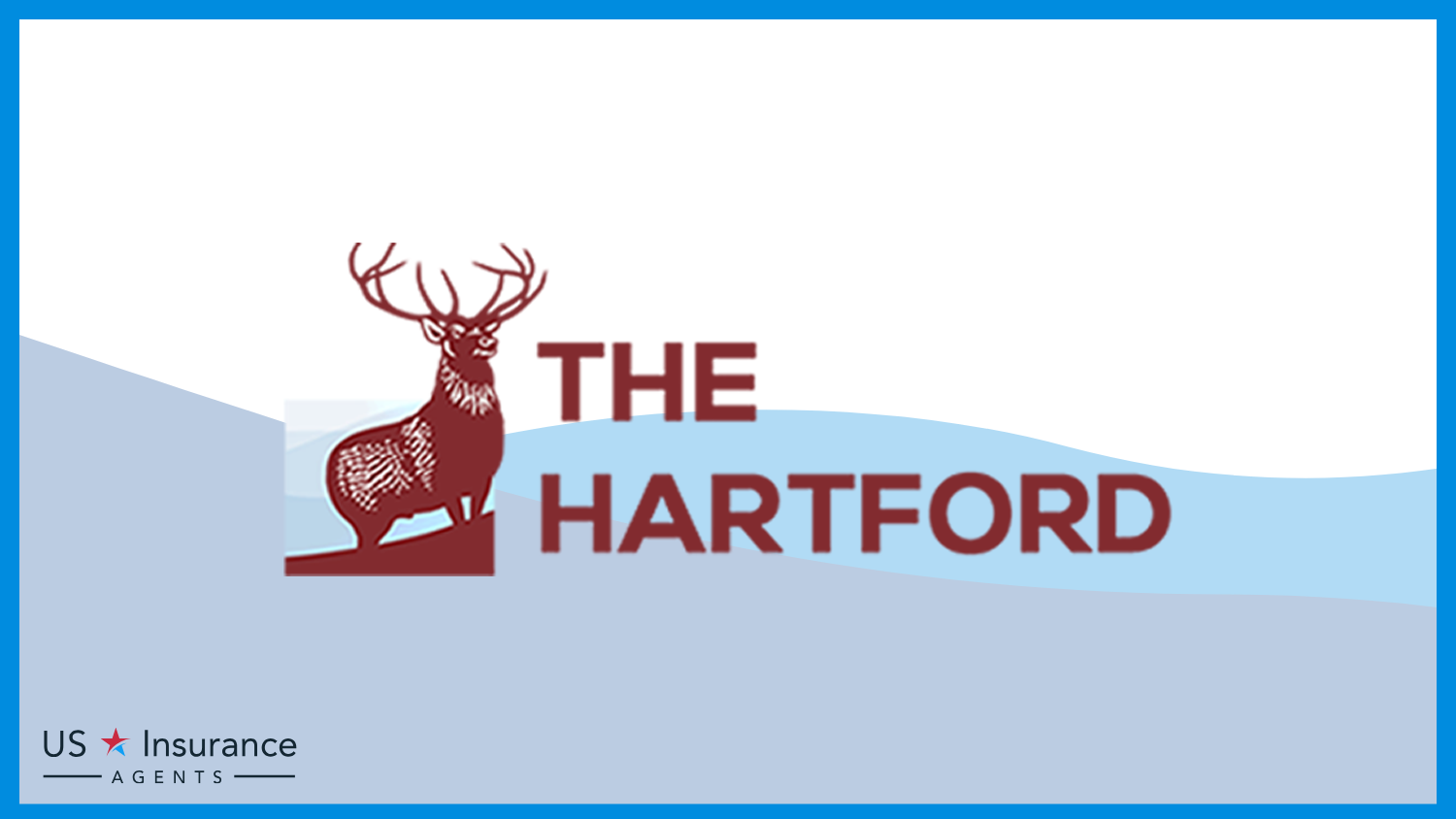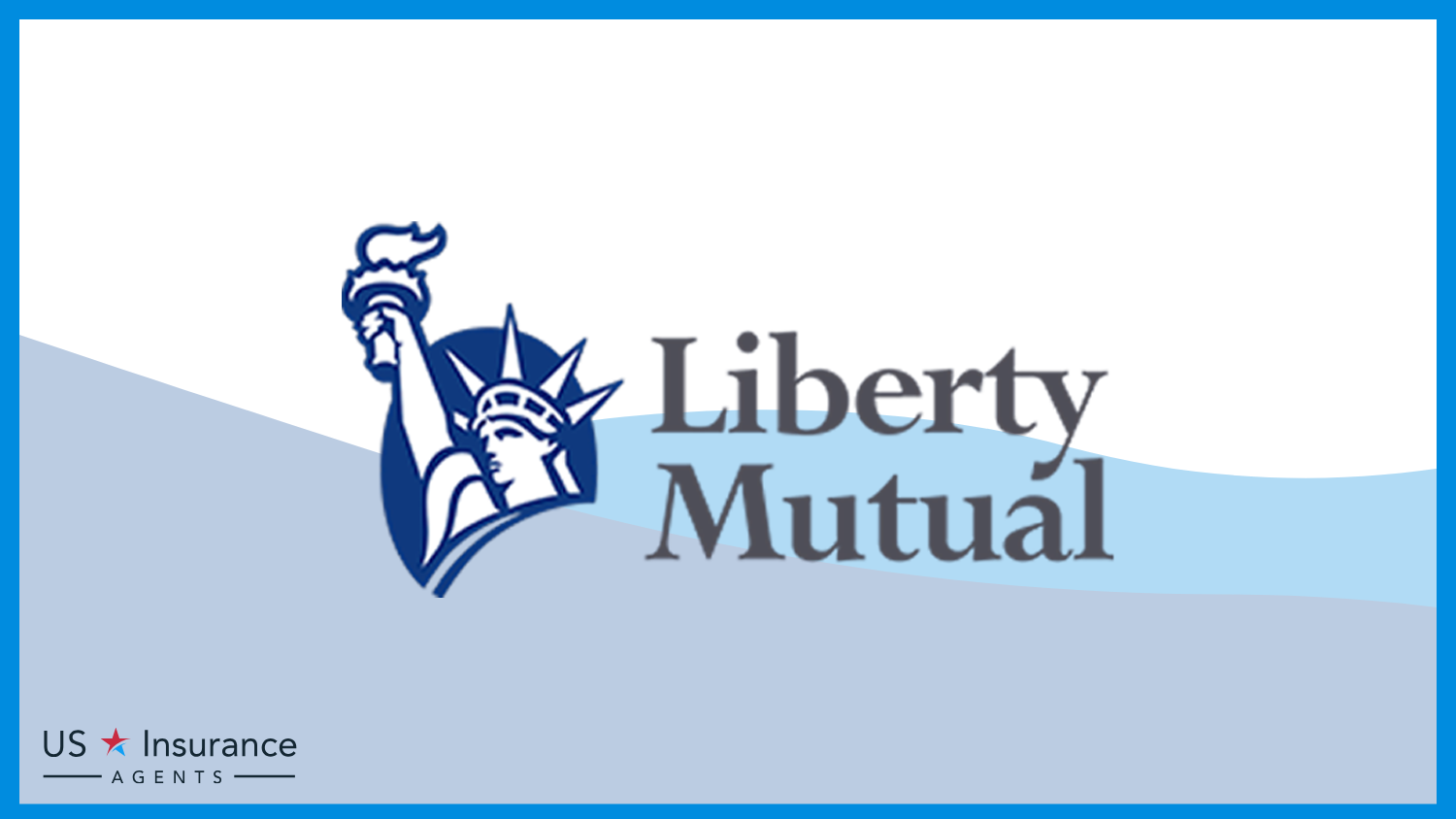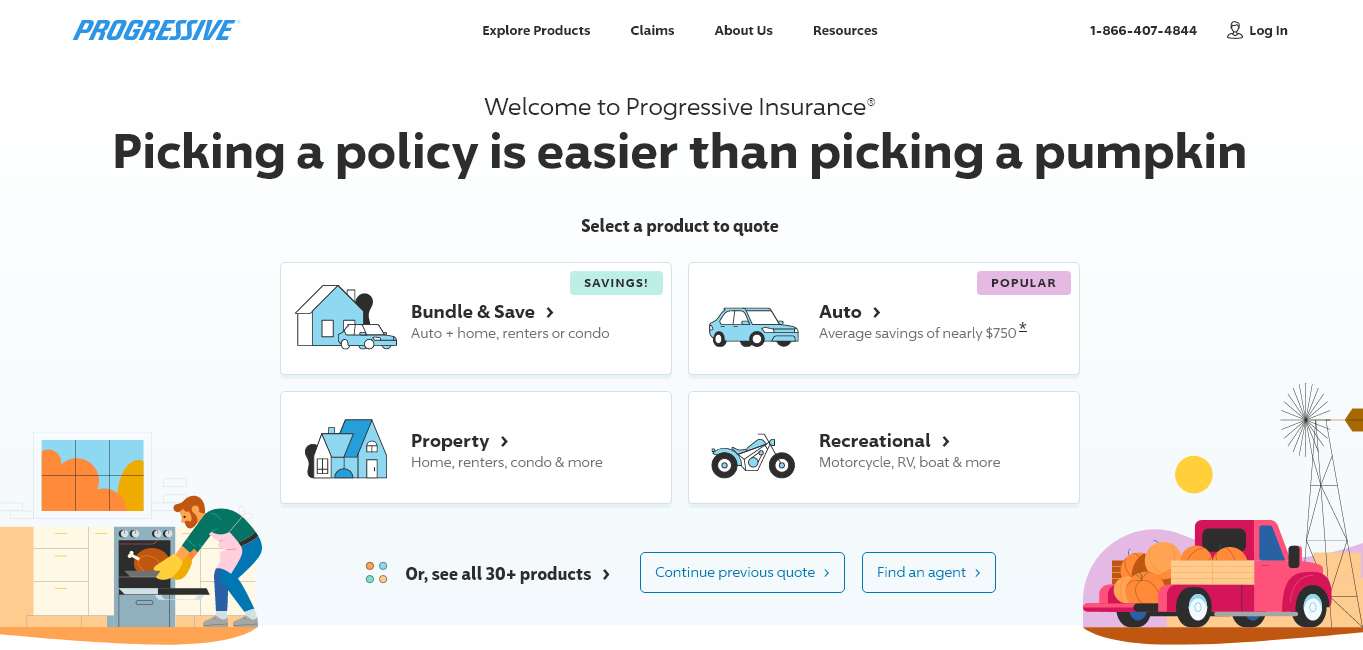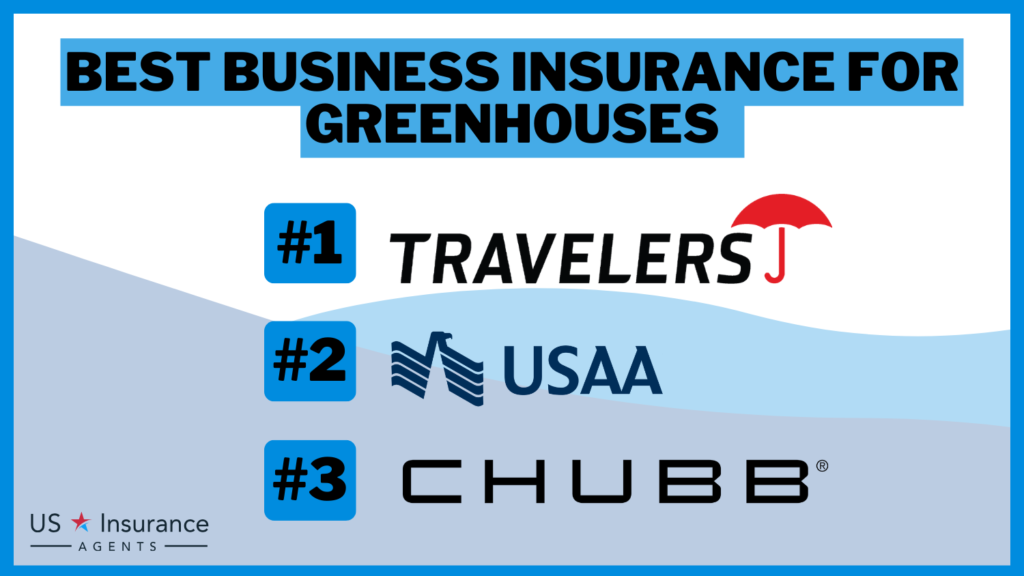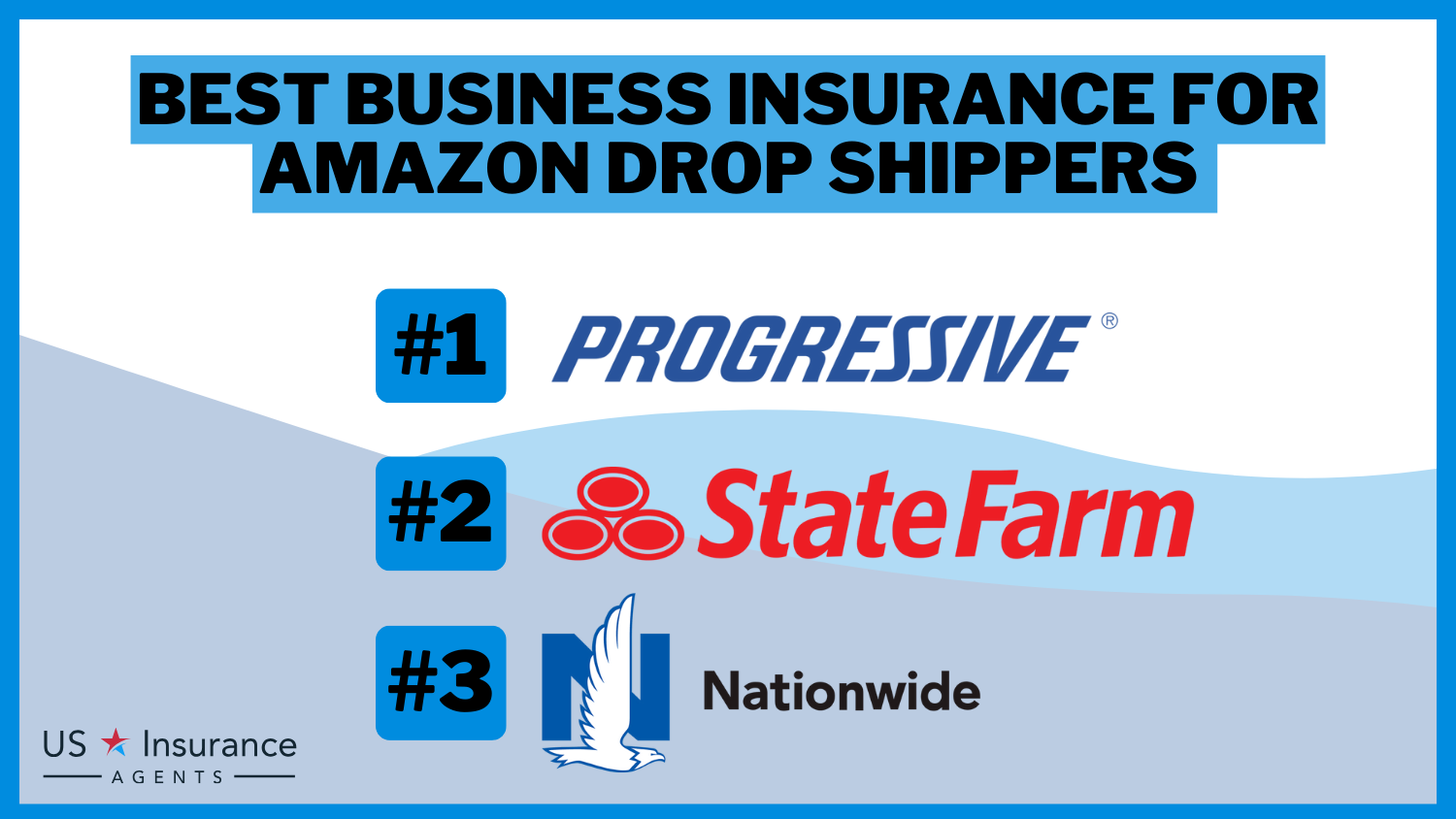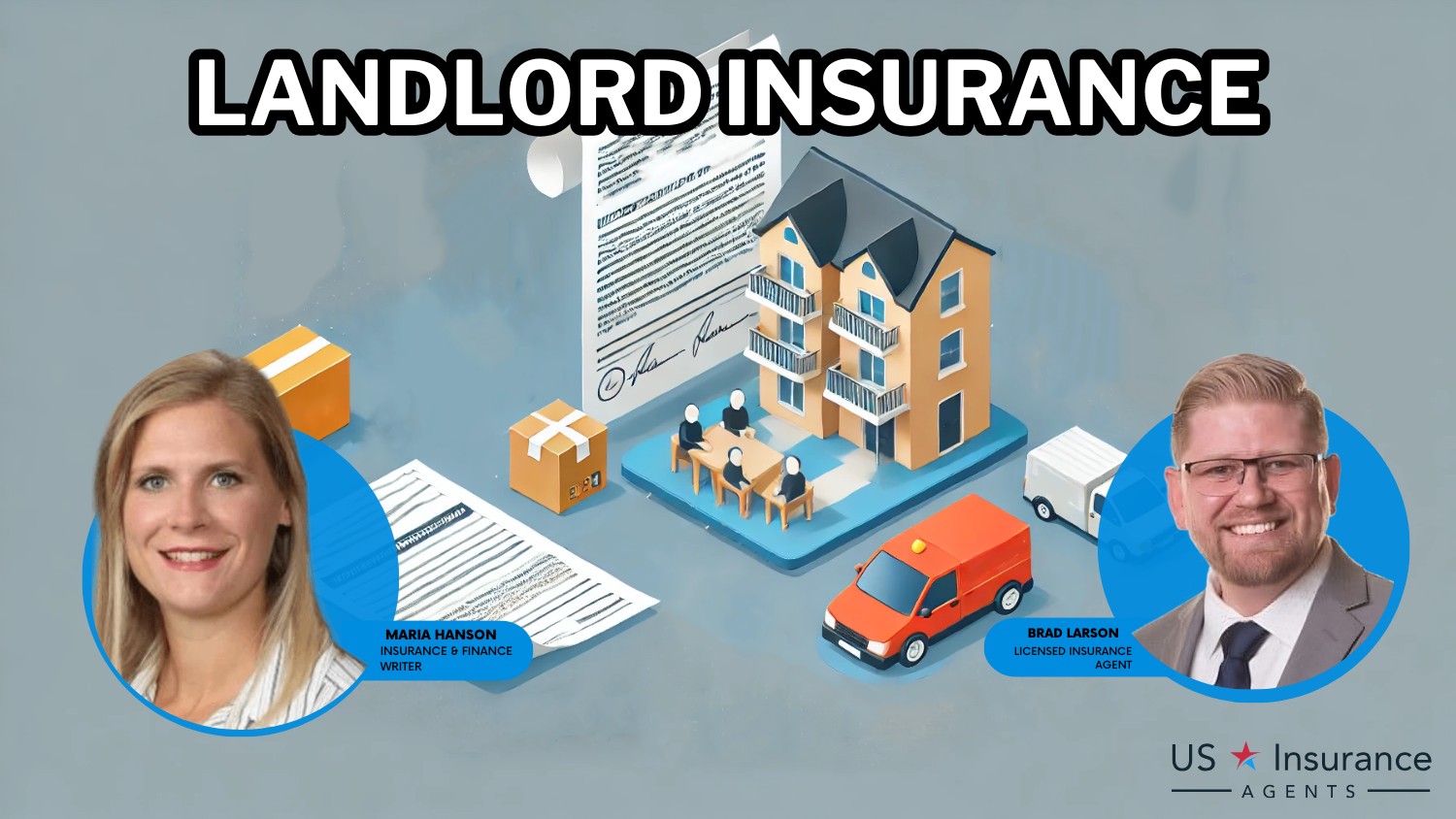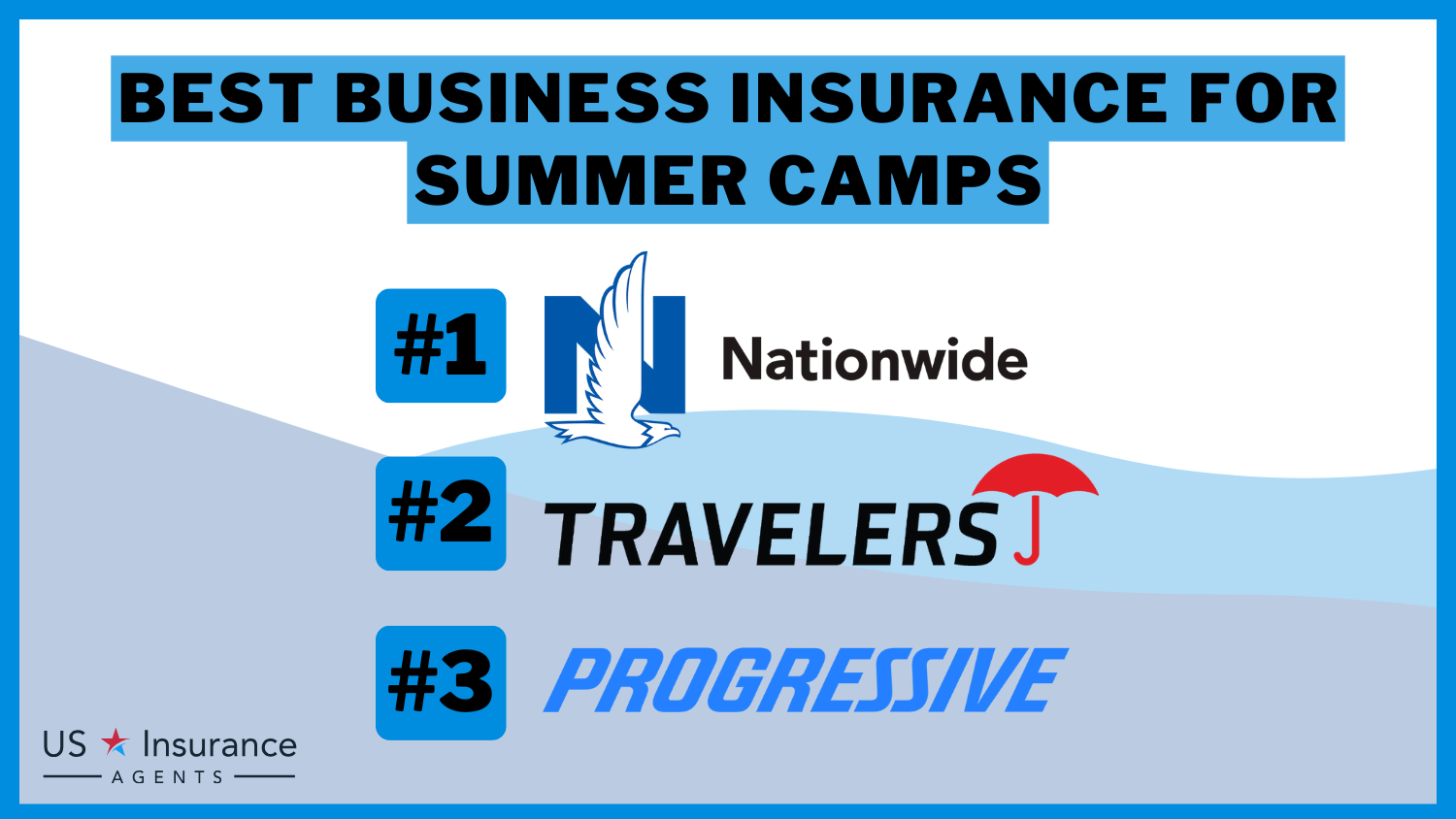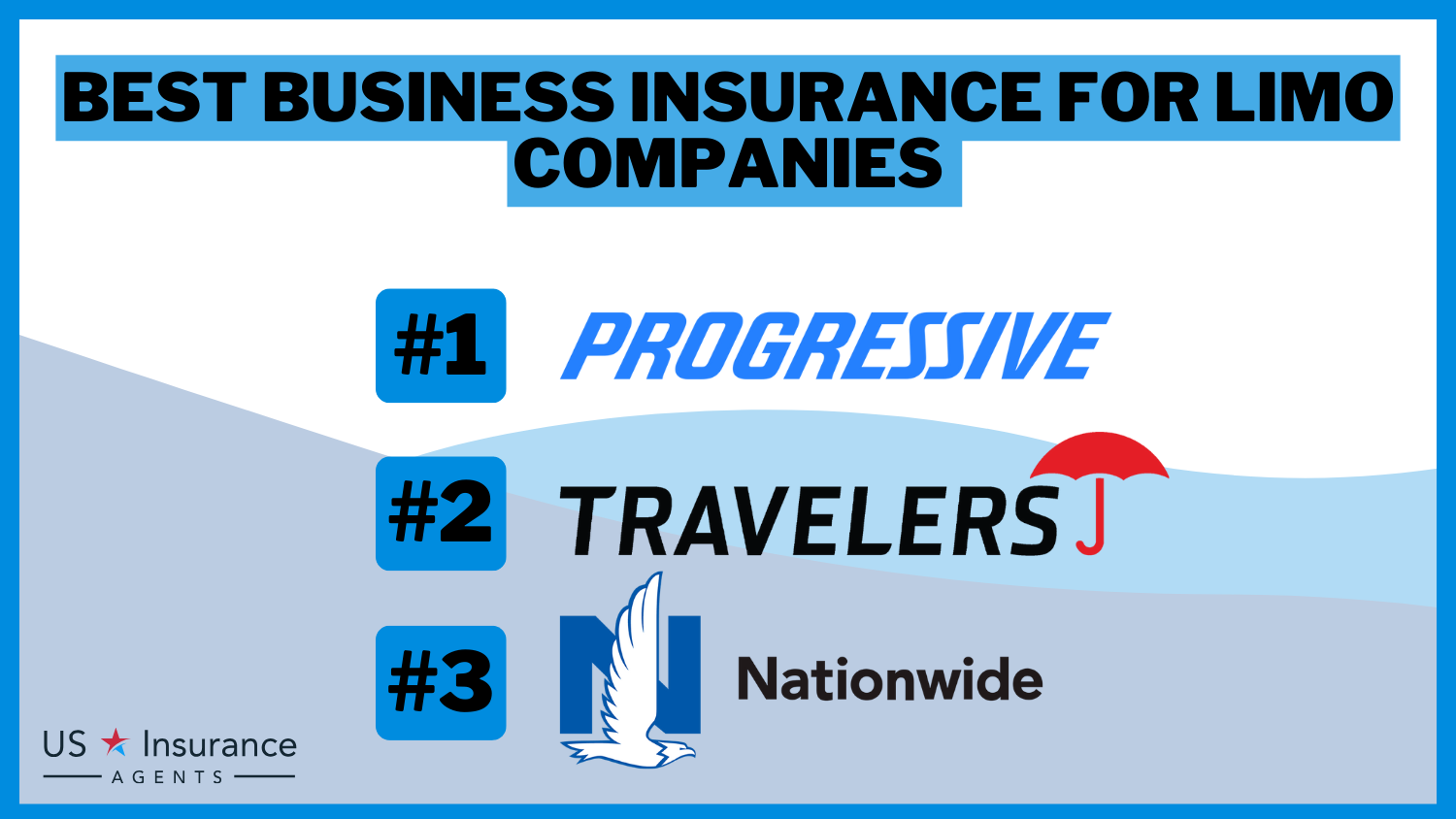Best Business Insurance for Hotels in 2026 (Top 10 Companies)
Progressive, Allstate, and State Farm emerge as the best business insurance for hotels, with competitive rates and discounts up to 18%. These companies offer comprehensive coverage that addresses the unique requirements and risks faced by hotels, including property damage, liability claims and more.
Read more Secured with SHA-256 Encryption






Table of Contents
Table of Contents


Former Licensed Insurance Producer
Laura Berry has experience as a licensed producer selling life, health, and property insurance coverage for both Allstate and State Farm. She has dedicated many hours to helping her clients understand the insurance marketplace so they could find the best car, home, and life insurance products for their circumstances. While she currently helps businesses take advantage of the federal R&D tax...
Laura Berry


Sr. Director of Content
Sara Routhier, Senior Director of Content, has professional experience as an educator, SEO specialist, and content marketer. She has over 10 years of experience in the insurance industry. As a researcher, data nerd, writer, and editor, she strives to curate educational, enlightening articles that provide you with the must-know facts and best-kept secrets within the overwhelming world of insurance....
Sara Routhier


Licensed Insurance Agent
Eric Stauffer is an insurance agent and banker-turned-consumer advocate. His priority is educating individuals and families about the different types of insurance coverage. He is passionate about helping consumers find the best coverage for their budgets and personal needs. Eric is the CEO of C Street Media, a full-service marketing firm and the co-founder of ProperCents.com, a financial educat...
Eric Stauffer
Updated February 2025
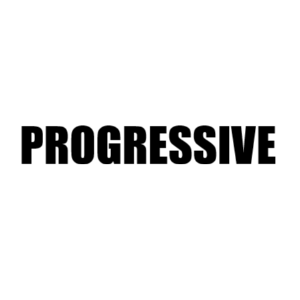 13,285 reviews
13,285 reviewsCompany Facts
Full Coverage for Hotels
A.M. Best Rating
Complaint Level
Pros & Cons
 13,285 reviews
13,285 reviews 11,640 reviews
11,640 reviewsCompany Facts
Full Coverage for Hotels
A.M. Best
Complaint Level
Pros & Cons
 11,640 reviews
11,640 reviews 18,157 reviews
18,157 reviewsCompany Facts
Full Coverage for Hotels
A.M. Best
Complaint Level
Pros & Cons
 18,157 reviews
18,157 reviewsProgressive, Allstate and State Farm emerges as the best business insurance for hotels, offering competitive rates and comprehensive coverage tailored to their specific needs.
Ensuring hotel owners enjoy both peace of mind and financial security entails implementing a comprehensive set of strategies and services aimed at safeguarding their investments and minimizing risks.
Our Top 10 Company Picks: Best Business Insurance for Hotels
| Company | Rank | Business Insurance Discount | Commercial Property Discount | Best For | Jump to Pros/Cons |
|---|---|---|---|---|---|
| #1 | 10% | 15% | Customizable Coverage | Progressive | |
| #2 | 12% | 10% | Multiple Coverage | Allstate | |
| #3 | 8% | 12% | Customer Service | State Farm | |
| #4 | 15% | 10% | Local Agents | Auto Owners | |
 | #5 | 10% | 12% | Membership Benefits | AAA |
| #6 | 10% | 15% | Tailored Coverage | USAA | |
| #7 | 15% | 10% | Property Protection | Farmers | |
| #8 | 12% | 10% | Broad Coverage | AIG | |
 | #9 | 10% | 18% | Loyalty Rewards | The Hartford |
 | #10 | 12% | 10% | Liability Coverage | Liberty Mutual |
It helps hotel owners feel confident and secure in their business by providing strong financial planning, risk management solutions, and tailored support to meet their specific needs.
Cheap commercial insurance coverage is just a click away. Insert your ZIP code into our free tool above to compare quotes from highly rated insurers.
#1 – Progressive: Top Overall Pick
Pros
- Customizable Coverage: Progressive offers customizable coverage options, allowing businesses to tailor their insurance policies to meet specific needs.
- Business Insurance Discount: Progressive insurance review & ratings reveal that companies can enjoy substantial savings of up to 10% on their insurance costs.
- Overall Savings: Progressive provides an additional discount of up to 15%, potentially leading to substantial overall savings for policyholders.
Cons
- Limited Local Presence: Progressive may have a limited local agent network, potentially affecting the accessibility of in-person assistance for some businesses.
- Complex Pricing Structure: The customizable nature of the coverage may result in a complex pricing structure, making it challenging for some businesses to understand the cost breakdown.
Free Business Insurance Comparison
Compare Quotes From Top Companies and Save
Secured with SHA-256 Encryption
#2 – Allstate: Best for Comprehensive Protection
Pros
- Multiple Coverage Options: Allstate provides a range of coverage options, making it suitable for businesses with diverse needs.
- Business Insurance Discount: Businesses can benefit from a substantial discount of up to 12% on their insurance premiums with Allstate.
- Potential Discount: Allstate insurance review & ratings showcase a possibility for policyholders to save on costs with a potential discount of up to 10% available.
Cons
- Potentially Higher Premiums: While discounts are offered, Allstate’s base premiums may be comparatively higher than some competitors, affecting the overall cost for businesses.
- Customer Service Concerns: Some businesses may encounter customer service concerns, as individual experiences with Allstate representatives can vary.
#3 – State Farm: Best for Customer Service
Pros
- Customer Service Focus: State Farm is known for its emphasis on customer service, providing businesses with a dedicated support system.
- Business Insurance Discount: Businesses can enjoy a discount of up to 8% on their insurance premiums with State Farm.
- Extra Discount: State Farm insurance review & ratings show that policyholders can benefit from potential savings with an extra discount of up to 12% offered by the company.
Cons
- Limited Customization: State Farm’s coverage options may be less customizable compared to some competitors, potentially limiting flexibility for businesses with specific needs.
- May Lack Specialized Industry Knowledge: Businesses in certain industries may find State Farm’s coverage lacking in specialized expertise.
#4 – Auto Owners: Best for Safeguarding
Pros
- Local Agent Support: Auto-Owners insurance review & ratings emphasizes that Auto Owners offers businesses the convenience of local agents for personalized, in-person assistance.
- Business Insurance Discount: Businesses can enjoy a significant discount of up to 15% on their insurance premiums with Auto Owners.
- Policy Discount: Auto Owners offers an additional discount of up to 10%, contributing to potential cost savings for policyholders.
Cons
- Limited Nationwide Presence: The local focus may result in limited availability for businesses operating in regions without a strong Auto Owners agent network.
- May Lack Advanced Technological Features: Auto Owners may not offer the same level of advanced technological features as larger competitors, potentially impacting the overall convenience for businesses.
Free Business Insurance Comparison
Compare Quotes From Top Companies and Save
Secured with SHA-256 Encryption
#5 – AAA: Best for Membership Benefits
Pros
- Membership Benefits: AAA insurance review & ratings presents supplementary perks to members, furnishing businesses with extra value besides their insurance offerings.
- Business Insurance Discount: Businesses can benefit from a discount of up to 10% on their insurance premiums with AAA.
- Potential Discount: AAA provides an additional discount of up to 12%, contributing to potential cost savings for policyholders.
Cons
- Membership Requirements: To access AAA’s insurance, businesses may need to meet specific membership requirements, potentially limiting eligibility for some.
- Potential for Higher Premiums: While discounts are offered, AAA’s premiums may be higher than some competitors, affecting overall affordability.
#6 – USAA: Best for Security
Pros
- Outstanding Customer Service: USAA insurance review & ratings highlight the company’s stellar customer service, consistently earning top marks in customer satisfaction.
- Competitive Rates: USAA often offers competitive rates, particularly for military members and their families.
- Comprehensive Coverage Options: USAA provides a wide range of insurance products and financial services to meet various needs.
Cons
- Limited Eligibility: USAA membership is restricted to military members, veterans, and their families, excluding the general public.
- Availability: USAA has limited availability in certain regions, which may restrict access to its services.
#7 – Farmers: Best for Financing
Pros
- Property Protection Focus: Farmers insurance review & ratings highlight the company’s expertise in protecting property, making it an ideal option for businesses prioritizing the security of their physical assets.
- Business Insurance Discount: Businesses can enjoy a significant discount of up to 15% on their insurance premiums with Farmers.
- Policyholders discount: Farmers offers an additional discount of up to 10%, contributing to potential cost savings for policyholders.
Cons
- May Lack Specialized Industry Coverage: Farmers may not have the same level of specialized industry coverage as some competitors, potentially limiting options for businesses in certain sectors.
- Claims Process Efficiency: The efficiency of the claims process with Farmers may vary, potentially causing delays for businesses in urgent situations.
Free Business Insurance Comparison
Compare Quotes From Top Companies and Save
Secured with SHA-256 Encryption
#8 – AIG: Best for International Trust
Pros
- Broad Coverage Options: AIG provides businesses with broad coverage options, suitable for those with diverse and complex risk exposures.
- Business Insurance Discount: AIG insurance review & ratings highlight potential savings of up to 12% for businesses on their insurance premiums.
- Big discount: AIG offers an additional discount of up to 10%, contributing to potential cost savings for policyholders.
Cons
- Potentially Higher Premiums: AIG’s base premiums may be higher than some competitors, affecting overall affordability for businesses.
- May not be Ideal for Small Businesses: AIG’s comprehensive coverage may be more suitable for larger businesses, potentially making it less ideal for small businesses with simpler needs.
#9 – The Hartford: Best for Exclusive Rewards
Pros
- Loyalty Rewards: The Hartford offers loyalty rewards, incentivizing businesses to stay with the company over the long term and potentially leading to cost savings.
- Business Insurance Discount: Businesses can benefit from a discount of up to 10% on their insurance premiums with The Hartford.
- Loyalty Discount: The Hartford insurance review & ratings reveal that loyal customers can enjoy substantial savings with a discount of up to 18%, enhancing potential cost-effectiveness.
Cons
- Potentially Higher Premiums: While discounts are available, The Hartford’s base premiums may be higher than some competitors, impacting overall affordability.
- Limited Local Presence: The availability of local agents may be limited in certain areas, potentially affecting the accessibility of in-person assistance.
#10 – Liberty Mutual: Best for Safeguarding Liabilities
Pros
- Liability Coverage Focus: Liberty Mutual specializes in liability coverage, making it a suitable choice for businesses prioritizing protection against legal liabilities.
- Business Insurance Discount: Businesses have the opportunity to receive a discount of as much as 12% on their insurance premiums through Liberty Mutual insurance review & ratings.
- Potential Discount: Liberty Mutual offers an additional discount of up to 10%, contributing to potential cost savings for policyholders.
Cons
- Potentially Higher Premiums: While discounts are available, Liberty Mutual’s base premiums may be higher than some competitors, impacting overall affordability.
- Customer Service Concerns: Some businesses may encounter customer service concerns, as individual experiences with Liberty Mutual representatives can vary.
Free Business Insurance Comparison
Compare Quotes From Top Companies and Save
Secured with SHA-256 Encryption
Business Insurance for Hotels: Safeguarding Your Investment and Mitigating Risks
Hotel insurance is a proactive measure that protects hotel owners from potential financial losses and liabilities. It covers a wide range of risks associated with hotel operations, including damage, litigation, and specific areas that increase a hotel’s risk profile.
Jeff Root Licensed Life Insurance Agent
By transferring risks to an insurance company and tailoring policies to their specific needs, hotel owners can secure comprehensive coverage that safeguards their investments and supports the long-term success of their businesses.
- Protective measure for hotel owners. Hotel insurance serves as a crucial protective measure for hotel owners who have made significant capital investments in their properties. It acts as a safety net against unforeseen risks and potential financial losses.
- Coverage against damage and litigation. Hotel insurance offers protection against property damage from accidents, natural disasters, and vandalism, while also covering potential litigation costs stemming from guest injuries or property damage claims during operations.
- Additional areas increasing risk profile. In addition to risks associated with standard hotel operations, certain areas can increase a hotel’s risk profile. These include conference centers, special event facilities, pools, spas, golf courses, restaurants, fitness centers, and vehicles for airport transportation. Check out our ranking of the top providers: Best Business Insurance for Airport Shuttle Services
- Transferring risks to an insurance company. Hotel insurance enables owners to transfer risks to insurance companies, easing financial burdens and providing peace of mind against liabilities and damages.
- Tailored policies based on risk profile. Hotel insurance policies offer customizable options tailored to each owner’s risk profile, including high-liability and property deductibles for catastrophic coverage, balancing premium rates with essential protection.
As a hotelier, safeguarding your investment and mitigating risks is not just a prudent business practice; it’s the cornerstone of ensuring the long-term success and viability of your establishment.
By prioritizing the safeguarding of your investment and the mitigation of potential risks, you position your hotel for sustainable growth, resilience in the face of adversity, and continued excellence in guest satisfaction.
Business Insurance for Hotels: Essential Coverage for Hotel Operations
Hotel insurance needs vary based on factors like property size, amenities offered, and unique features. Though there’s no universal solution, common coverage types include property, liability, and business interruption insurance.
- Commercial General Liability: Commercial general liability insurance, essential for hotels of any size or location, safeguards against third-party bodily injury and property damage claims on hotel premises.
- Commercial Property Insurance: Hotels need commercial property insurance to protect their assets from catastrophes, covering buildings, contents, and sometimes exterior property.
- Commercial Auto Insurance: Particularly those used for guest transportation, require commercial auto insurance. This policy covers vehicle liability and damage, crucial for protecting businesses from potential lawsuits. High liability limits are essential to safeguard against accidents involving these vehicles.
- Equipment Breakdown: Typically have large buildings with expensive equipment required for their operations, such as HVAC systems, security systems, walk-in freezers, and communications systems.
- Workers Compensation Insurance: Hotel owners must provide workers’ compensation coverage for their employees, covering injuries and lost wages during recovery.
- Cyber Liability Insurance: In today’s digital age, hotels are vulnerable to cyber threats and data breaches. A cyber liability insurance policy offers financial protection against the consequences of such incidents.
- Garagekeepers & Non-Owned Liability: Offering valet services require specific insurance, like garagekeepers coverage, to protect against liability and damage to guests’ vehicles, including collision and comprehensive coverage.
- Liquor Liability Insurance: Hotels with alcohol-serving establishments need liquor liability coverage, safeguarding against damages from alcohol-related incidents like overserving leading to accidents.
Your hotel represents a substantial investment, not only in terms of financial resources but also in the dedication and effort put into creating a welcoming and secure environment for guests.
Hotels Business Insurance Monthly Rates by Provider & Coverage Level
| Insurance Company | Minimum Coverage | Full Coverage |
|---|---|---|
 | $300 | $700 |
 | $350 | $750 |
| $320 | $730 | |
| $310 | $720 | |
| $330 | $740 | |
 | $340 | $760 |
| $325 | $735 | |
| $315 | $725 | |
 | $335 | $745 |
| $305 | $715 |
From AAA to USAA, each insurer tailors coverage for hoteliers, with minimum rates starting at $300 (AAA) and up to $350 (AIG), while full coverage ranges from $700 (AAA) to $760 (Liberty Mutual). Whether you need basic protection or comprehensive security, this breakdown offers insights into safeguarding your hotel investment.
Case Studies: Showcasing Comprehensive Coverage for Hotels
These cases show how the right insurance prevents financial losses and protects hotel reputations. They demonstrate insurance’s vital role in ensuring business resilience and guest trust, helping hotels navigate challenges effectively.
- Case Study #1 – General Liability Insurance: The boutique hotel’s comprehensive general liability insurance covered medical expenses and potential legal costs after a slip-and-fall incident, safeguarding finances and reputation. Explore our list of the leading contenders: Best Comprehensive Healthcare Companies
- Case Study #2 – Commercial Property Insurance: Following a devastating fire, a mid-sized hotel swiftly recovered and rebuilt due to their comprehensive commercial property insurance, covering repair costs and ensuring minimal financial strain, preventing closure.
- Case Study #3 – Cyber Liability Insurance: A large hotel chain faced a cyber attack, but their cyber liability insurance covered costs for data breach response, legal defense, and customer notification, mitigating financial repercussions and restoring trust, highlighting cyber insurance’s importance in the digital era.
- Case Study #4 – Commercial Auto Insurance: Hotel’s commercial auto insurance covered liability claims from an accident involving its shuttle, including medical expenses and legal fees, ensuring financial stability. These cases exemplify how different business insurance types effectively safeguard hotels from unforeseen events.
Commercial general liability insurance, commercial property insurance, cyber liability insurance, and commercial auto insurance are just a few examples of how comprehensive coverage can safeguard hotels from unforeseen events, protect their financial stability, and ensure the well-being of guests and employees.
Melanie Musson Published Insurance Expert
By investing in the right insurance policies, hotels can mitigate risks, minimize losses, and focus on providing exceptional hospitality experiences.
Free Business Insurance Comparison
Compare Quotes From Top Companies and Save
Secured with SHA-256 Encryption
Summary: Business Insurance for Hotels: Navigating Risks and Protecting Investments
Securing comprehensive coverage is vital for hotel owners to protect their investments and mitigate various risks. However, the COVID-19 pandemic has presented significant challenges in the hotel insurance market, leading to increased prices, stricter terms, and limited availability.
Understanding hotel insurance needs and collaborating with experienced advisors facilitates obtaining tailored policies. Common coverages like general liability, property, cyber liability, and more help safeguard hotels, ensuring long-term success.
Don’t overpay for your commercial insurance – enter your ZIP code below to find the cheapest rates possible.
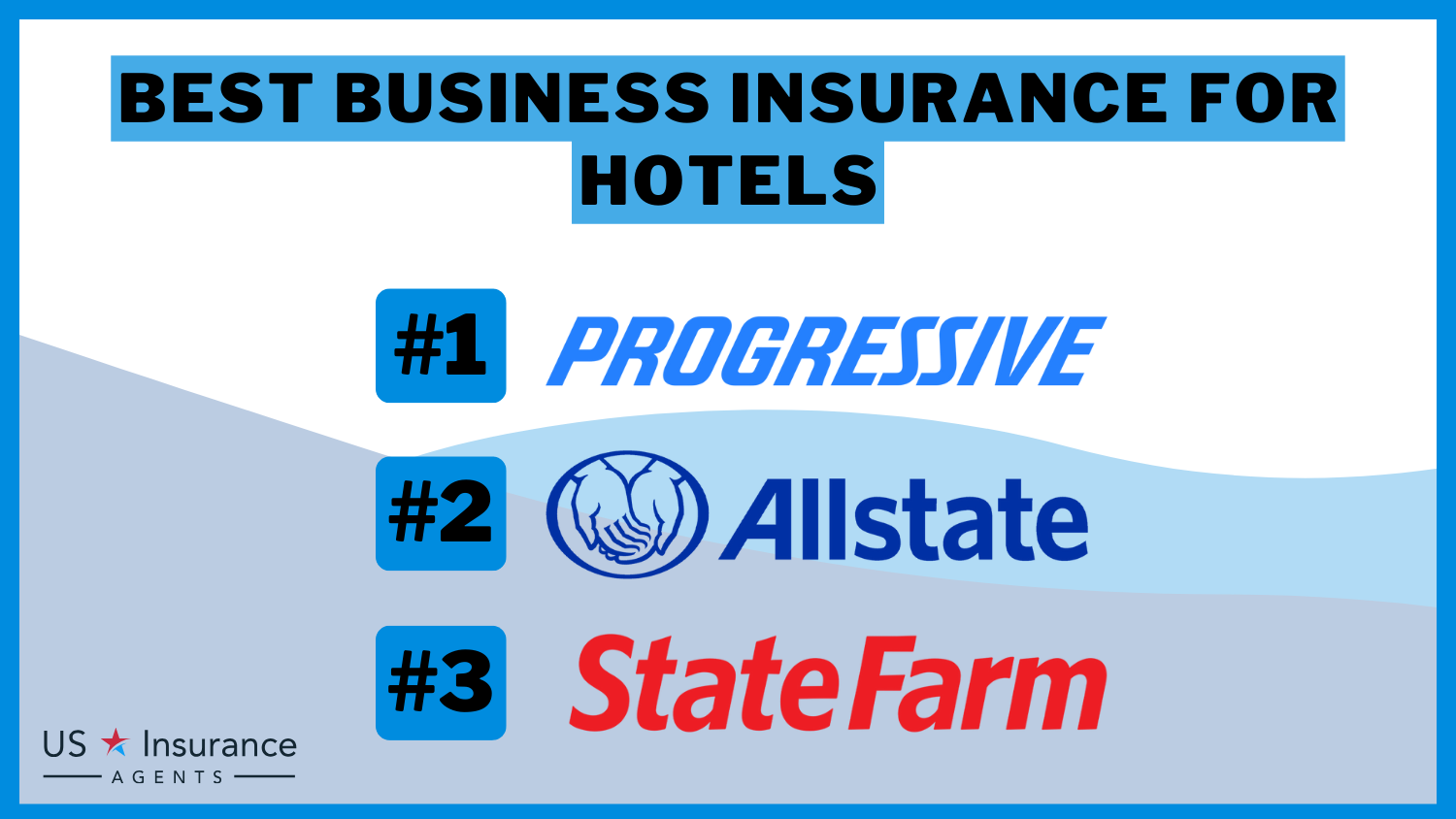
Frequently Asked Questions
What insurance is most important for a business?
General liability insurance, also known as business or commercial liability insurance, is essential coverage for various claims, including bodily injury, property damage, personal or advertising injury, medical payments, products-completed operations, and damages to premises rented to you.
To gain further insights, consult our comprehensive guide titled “Commercial General Liability (CGL) Insurance: A Complete Guide.”
Can you get hotel insurance?
If you have to unexpectedly cancel your trip due to unforeseen events, trip cancellation insurance can help. This insurance covers some of your non-refundable trip expenses such as airfare and hotel accommodations, reducing your risk of financial loss.
Find affordable options for commercial insurance by entering your ZIP code below into our free comparison tool.
What does hotel insurance cover?
Just like your hotel has different parts to give guests an amazing experience, so to does your hotel insurance provide different types of coverage to give you complete protection. The main areas of coverage are: Property Insurance, General Liability Insurance, Secondary Liability Coverages, and Additional Coverages.
To learn more, explore our comprehensive resource titled “Liability Insurance: A Complete Guide.”
What is hotel policy?
A Hotel policy is written to establish boundaries, guidelines and best practice for behavior within your Hotel or Organization. Policies allow you to communicate to your employees how you expect them to behave. Policies will not always be needed when problems exist.
Can a hotel charge for cancellation?
If you have to cancel at short notice If faced with a cancellation charge, request that they try to re-let the room to avoid charging you for it. If the room is not re-let then you may also request that they rebook the room for a different date which many hotels will do with no cancellation charge.
What is the cheapest construction liability insurance?
The Hartford provides the cheapest general liability insurance. LLCs pay an average of $922 per month, while sole proprietors pay only $90 monthly.
How can hotel owners mitigate risks associated with the COVID-19 pandemic?
Hotel owners can mitigate risks by implementing stringent sanitation protocols, promoting social distancing measures, and investing in comprehensive insurance coverage that includes provisions for business interruption due to pandemic-related closures.
To enhance your understanding, explore our comprehensive resource on business insurance titled “Individual Health Insurance: A Complete Guide.”
What factors should hotel owners consider when selecting insurance coverage?
Hotel owners should consider factors such as the size and location of their property, the types of amenities offered, the level of occupancy, and the specific risks associated with their business operations when selecting insurance coverage.
Are there any specific insurance policies tailored for hotels with unique features?
Yes, insurance companies offer specialized policies such as equipment breakdown coverage for hotel facilities, cyber liability insurance to protect against data breaches, and liquor liability insurance for hotels with bars or restaurants.
For additional details, explore our comprehensive resource titled “Restaurant & Bar Business Insurance: A Complete Guide.”
How can hotel owners effectively manage rising insurance costs?
Hotel owners can manage rising insurance costs by implementing risk management strategies, such as improving safety measures to reduce the likelihood of claims, comparing quotes from multiple insurance providers to find the most competitive rates, and adjusting coverage levels based on their risk tolerance and budget.
Compare personalized quotes for commercial insurance by entering your ZIP code into our free comparison tool below.
Get a FREE Quote in Minutes
Insurance rates change constantly — we help you stay ahead by making it easy to compare top options and save.

